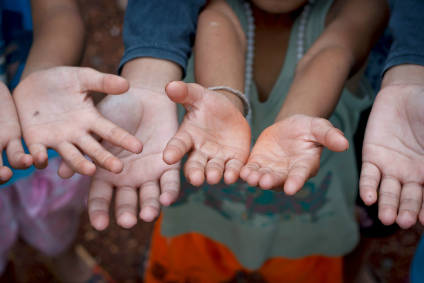
Business, trade unions and NGOs jointly seek to drive leadership on responsible business conduct due diligence, aligned with the OECD Guidelines and the UNGPs on business and human rights and have commenced negotiations on a new agreement to achieve this.
The parties involved want to help companies implement the due diligence guidelines and facilitate companies from a garments sector perspective based on upcoming legal requirements. The EU will come with a legislative proposal in 2022, while the Dutch government has committed to drafting due diligence legislation.

Discover B2B Marketing That Performs
Combine business intelligence and editorial excellence to reach engaged professionals across 36 leading media platforms.
The agreement aims to set the most impactful goals in the sector. The initial focus is on the national and international players active in the Dutch market, but the process is also open to organisations active in other European countries.
It is expected that the new agreement will see the light in the course of early 2022, depending on the commitment of the Dutch government and the integration in the extended producer responsibility system of the sector, among others. The Social and Economic Council of the Netherlands (SER) facilitates the process.
The parties say while significant progress has been achieved under the Dutch Agreement on Sustainable Garment and Textile (AGT), “significant gaps” remain in addressing complex and endemic human rights, international labour rights, environmental and animal welfare risks in the garments and textile sector supply chain.
In June, the AGT said it had taken visible steps forward in the last year, despite the pandemic.

US Tariffs are shifting - will you react or anticipate?
Don’t let policy changes catch you off guard. Stay proactive with real-time data and expert analysis.
By GlobalDataThe AGT expires at the end of this year. Parties in the exploration process use the knowledge and experience built up in the AGT and in addition look at possibilities to include circular strategies into the new agreement.
“The agreement is being designed by the parties to be impactful. The approach focuses on clear, individual and shared commitments to drive collective goals. This gives the sector a common point of reference on how impact can be achieved on known risks,” says Jennifer Schappert, chair of the process on behalf of the SER.





